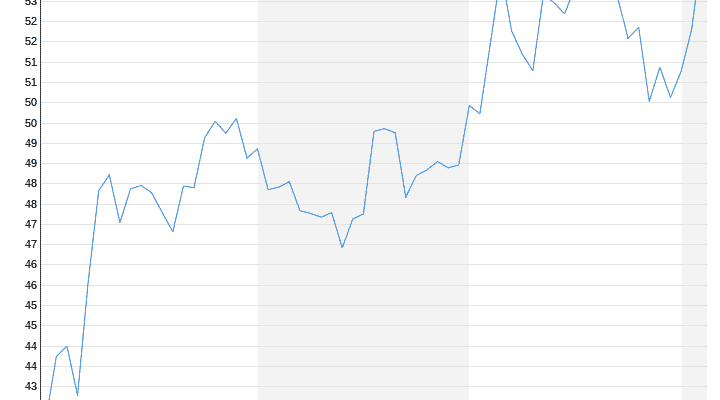Wednesday, February 03, 2021
Settlement of future lawsuits
Bayer hopes to reach an agreement in the glyphosate dispute
Following the takeover of Monsanto, Bayer has to face a number of lawsuits over the weed killer glyphosate. Now the group could have reached an agreement for future processes. However, a judge who has already blocked has to agree.
Bayer has reached an agreement on an important part of its multi-billion dollar glyphosate settlement package in the US. The concern announced a formal agreement with plaintiffs attorneys to handle and resolve potential future weedkiller lawsuits. Part of the agreement is a commitment of up to two billion dollars from Bayer, for which the company made provisions last year.
The legal dispute over the alleged carcinogenic effect of glyphosate, which Bayer brought into the house with the 63 billion dollar takeover of Monsanto, is therefore more expensive than initially thought. The Leverkusen-based pharmaceutical and agrochemicals group reached an agreement with a majority of the plaintiffs last June and assumed at the time that up to 10.9 billion dollars would be due for the settlement and possible future cases.
The proposal to deal with possible future lawsuits, however, was on the brink after the responsible US District Judge Vince Chhabria had expressed doubts. Among other things, the agreement provided for the establishment of an independent scientific committee. This should decide whether and in what quantities the glyphosate-containing weed killer Roundup – which has been part of the Bayer product range since the takeover of Monsanto – causes cancer.
Link should refer to studies
Bayer then withdrew its application for preliminary approval of this agreement in July. In November, the group had to admit that this part of the comparison package will cost around two billion dollars, more than the originally estimated 1.25 billion. Bayer has now submitted another application to Judge Chhabria for preliminary approval of the new agreement.
The agreement now provides for a fund from which potential future plaintiffs will initially receive compensation payments over the next four years. A scientific advisory body is also planned, the findings of which should not be legally binding, but which could be used as evidence in future proceedings.
Bayer also wants to obtain approval from the US Environmental Protection Agency [EPA] for a link on the labels of glyphosate products. This link is intended to give customers access to public studies and information about the weed killer. Authorities around the world, including the US Environmental Protection Agency [EPA] and the European Chemicals Agency, have classified the herbicide as non-carcinogenic. Only the cancer research agency IARC rated the active ingredient in 2015 as "probably carcinogenic". The plaintiffs relied on this assessment.
.
